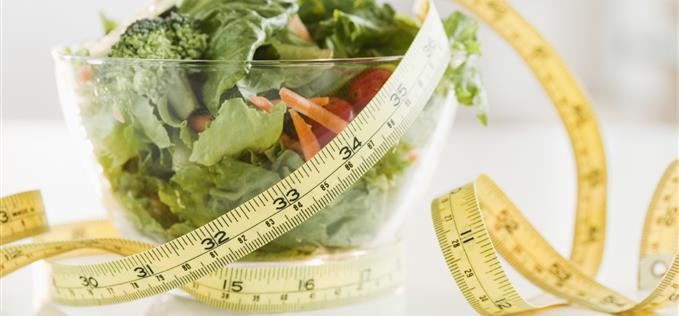I’M REMINDED of the inspirational words of Jason McDonald, the 28-year-old and formerly 36 stone Mancunian who lost more than half of his body weight without surgery or even a personal trainer (read the full story here):
If you ‘reward’ your efforts with calorie-laden snacks you could be consuming more calories than you burn.
"I feel fitness and diets are sometimes overcomplicated, feeding the perception that losing weight is too hard," he said.
"The question I get the most is ‘what did I do to lose weight? my answer is always the same: “I just ate better and worked out."
'Eat less, move more' - that’s the simple and proven advice given by most health professionals. Good weight loss advice rarely includes weird or often dangerous quick fixes like eating cottonballs or surviving on baby food.
Yet, for a number of reasons, there are still hordes of people who find that while they’re eating healthily (most of the time) and exercising more, they aren’t losing as much weight as they had expected. So what’s going on?
UK based nutritionist and NHS weight loss surgeon, Dr Sally Norton, has listed seven weight loss myths that could be holding dieters’ back:
Myth One: 'The scales don’t lie'
"Wrong – the fact is scales can be deceiving because they don’t take into account changing fat-to-muscle ratios. If you’re doing more exercise and cutting back on unhealthy, processed high-sugar foods, waist not weight is a better measure. This is because muscle weighs more than fat. Also the amount of water and fibre you have on board can also affect your weight. Which means that a looser waistband counts for more than a drop in weight on scales. So go by how your clothes feel rather than what the scales say."
Myth Two: 'I just need to find the right diet'
"There is a school of thought that people’s individual metabolisms respond differently to food. But the evidence is limited on this one at the moment. The truth is quick-fix diets don’t work. Instead, it takes time, hard work and a change in your habits and mindset. We believe the only diet that works is to listen to your body - and stick to a balanced diet of real rather than processed food."
 Portion control should apply to whatever you're eating
Portion control should apply to whatever you're eatingMyth Three: 'Exercise isn’t helping'
"It’s true that exercise doesn’t burn off as many calories as we assume. And if you ‘reward’ your efforts with calorie-laden snacks you could be consuming more calories than you burn."
"But don’t stop exercising because it’s great for mood and concentration and keeping anxiety down – exactly what you need to stick to your weight loss plan. What’s more the muscle you build through exercise increases your metabolism so you burn more calories, even when you’re not working out. Not to mention making your body look more shapely and toned. So cut back on those post-workout snacks. And make your exercise even more effective by adding in resistance exercises/strength training to cardio workouts."
Myth Four: 'Staying busy helps me lose weight'
"Not if you’re stressed. We tend to reach for fatty and sugary foods when we’re stressed because they trigger reward centres in the brain that make us feel better. What’s more, the stress hormone cortisol encourages weight gain around our waist, which is very bad for our health. When time is short we also tend to be less mindful of our eating. So in fact in many cases the answer can be to slow down."
Myth Five: 'Small things don’t apply'
"It’s easy to hoover up the left overs on the kids' plates or grab a morsel of cheese on passing the fridge but don’t forget these calories count too. Make sure every morsel you eat is a conscious decision – to be savoured and enjoyed. Try to sit down every time you eat to ensure you appreciate every calorie properly. You will feel more full and be more aware."
 'Go by how your clothes feel rather than what the scales say'
'Go by how your clothes feel rather than what the scales say'Myth Six: 'Drinks don’t count'
"Wrong again. There can be more calories in a high street coffee than a doughnut! Not to mention alcohol and all those sugary drinks. So stop kidding yourself. Unless you are drinking water, or 'diet drinks' (which come a poor second place to pure and simple H20) those drinks count too."
Myth Seven: 'If it’s healthy, it’s OK'
"It’s easy to think that just because a food is healthy you can eat as much as you like. But you can have too much of a good thing. You’re less likely to overdo it with healthy food because it helps regulate your appetite – but portion control should apply whatever you’re eating."
Dr Sally Norton is a UK health expert, NHS Weight Loss Surgeon and founder of www.vavistalife.com











